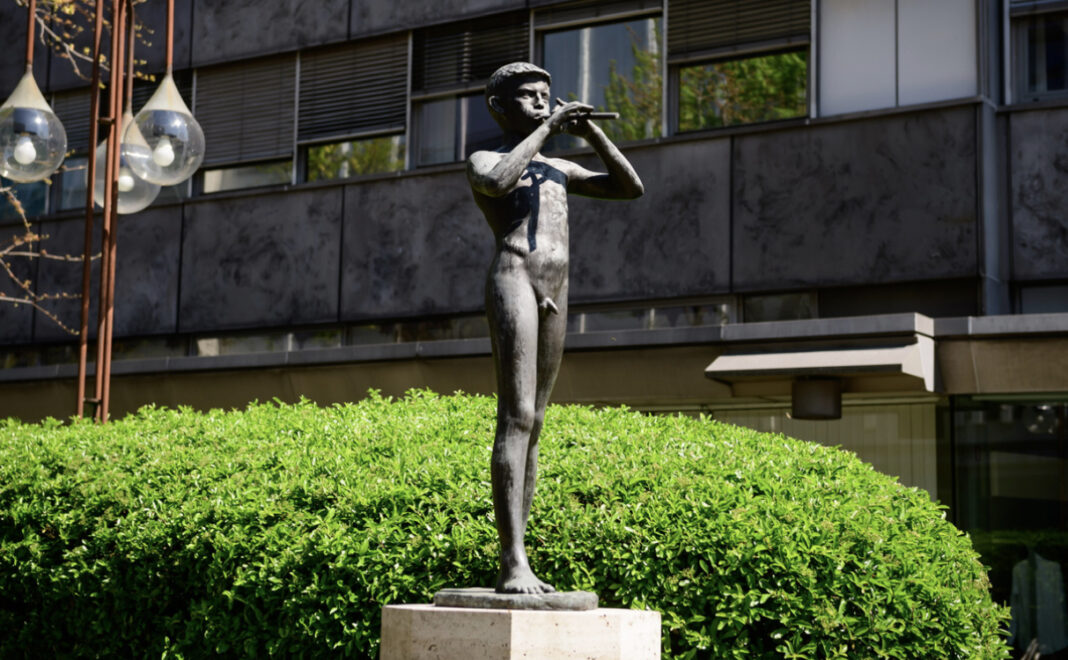By: Andrej Žitnik / Nova24TV.si
In Slovenia, a false truth is being created that there is no escape from the RTV contribution. Moreover – if we listen to the members of the coalition, we get the feeling that the public information system will collapse in an instant if the taxpayers of Kolodvor do not throw 100 million euros per year into the black hole.
But this is not the world’s reality. In most Asian and American countries, the idea of a “contribution to public broadcasting” is downright bizarre, if not on the verge of tyranny. Which does not mean that the public information system does not work. The USA has, for example, the most developed and most plural network of private media – on the one hand liberal CNN, CNBC, New York Times, Washington Post, and on the other hand Fox News, New York Post, Wall Street Journal. The correction of political bias is done by the market itself.
When CNN became an open propaganda outlet for the democratic party, similar to what RTV Slovenia is for the Slovenian far-left parties, viewership dropped, and so did trust (again, similar to RTV Slovenia). But CNN does not have a guaranteed cushion of taxpayer money like RTV Slovenia, so it had to adapt. New CEO Chris Licht has thus steered the TV network back to where it started – as a broker of news, not propaganda.
In the EU, the tradition of contributions to public television is more developed, but even here there is no such spontaneity as our journalists would like to show. Recently, the news that the so-called license fee will be terminated by the BBC in 2027. Our socio-political workers often take this as an example. Public television in Denmark is a completely private economic entity.
Other Scandinavian countries will also be, or are in the process of, cancelling contributions to public broadcasting. They will be compensated with an additional labour tax, from which the poorer (which means those who earn less than 2,000 euros) will be exempted. The contribution is also unknown in Spain, Portugal, Estonia, Latvia, Lithuania, Hungary, Malta, and the Benelux countries.
In Poland, they do know the contribution for public television, but more than 65% of the population do not pay it, which is why the Polish government is already talking about abolishing it, because it is cheaper if public television is financed from the budget, than it would be to collect so many unpaid bills. In Slovakia, the contribution amounts to only 4.64 euros per month. In Greece, the contribution to public radio and television was abolished and replaced by an additional tax on electricity, which amounts to only 3 euros per month.
A united interest group of Slovenian journalists (not only those employed at RTV), left-wing politicians, academics and experts close to left-wing politics would like to convince you that a prerequisite for quality information for citizens is the payment of an ad hoc monthly contribution for creators, who will then do their work “autonomously” (read politically biased, in accordance with their personal ideology) without any real control.
World experience says that this is not true. Asta Vrečko defends the fortress, which indirectly elected her option, when she said that RTV contribution is a constitutionally protected category. But do not be fooled – there is another option for providing information that is marketable. The market is a better corrector of news quality than journalists in the role of civil servants committed to a single political option.

